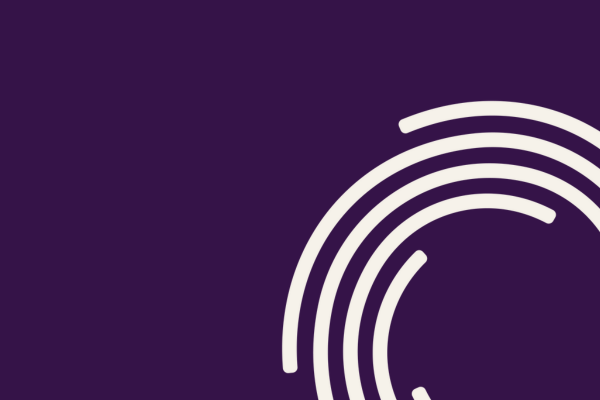Although there is now national consensus on community health worker (CHW) core roles and skills, and health care reform has led to the recognition of community health workers’ role in improving health outcomes and reducing costs, most CHWs in the Commonwealth are not paid living wages. This key finding of a report commissioned by the Massachusetts Association of Community Health Workers (MACHW) informs a recommended structure for salary ranges of CHWs (download the brief).
Average compensation for CHWs falls short of a living wage
In 2024, according to the U.S. Department of Labor, CHWs in Massachusetts earned an average hourly wage of $24.54. The majority of the CHW workforce is made up of women of color who likely support children, leaving a significant gap between a living and actual wage. In Massachusetts, the living hourly wage for a single adult with two children is $70.22*, or approximately $146,000 in annual earnings for a full-time, year-round worker. The average hourly wage of CHWs has increased by just 2.2% annually ($20.86 to $24.54/hr) since we first published this calculation in 2016.
Recommended salaries for CHWs
Recognizing experience levels and varied cost of living varies across the state, MACHW recommends that employers, including hospitals, local governments, and organizations such as community health centers, adopt the following minimum salary ranges for CHWs (updated in 2020):
| Experience | Salary |
| Entry 0 – 2 years | $38,500- $42,500 |
| Mid-Career 2- 5 years | $42,500- $48,500 |
| Senior 5+ years | $48,500+ |
High demand for CHWs continues
Community health workers play a critical outreach role for health organizations and providers, helping individuals and communities practice and maintain healthy behaviors. They serve as liaisons to the community, connect patients to services and providers, identify community health needs, and support the prevention and management of chronic disease. As models of care evolve toward patient-centered care and accountable care organizations, CHWs will play a growing role in mediating cultural gaps and delivering culturally appropriate care and education based in their shared, lived experience with the populations they serve. The US Department of Labor’s Occupational Outlook Handbook predicts that demand for CHWs will outpace the total increase in all occupations (a 13% increase versus 4% increase).
HRiA is the fiscal sponsor of MACHW. Established in 2000, MACHW works to promote best practices for community health workers, develop the profession, and effectively integrate CHWs into the evolving health care system.
*Calculation made using the MIT Living Wage Calculator for Massachusetts
Updated May 2025.
